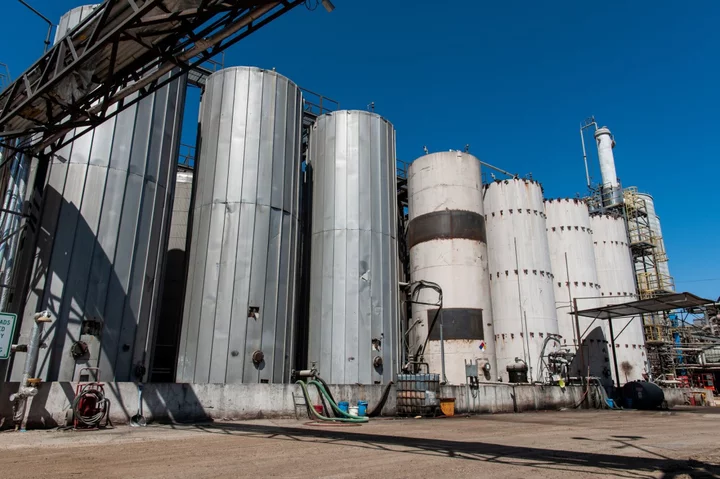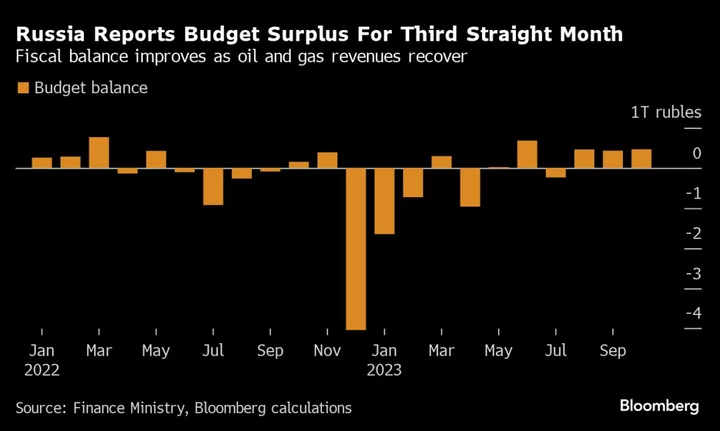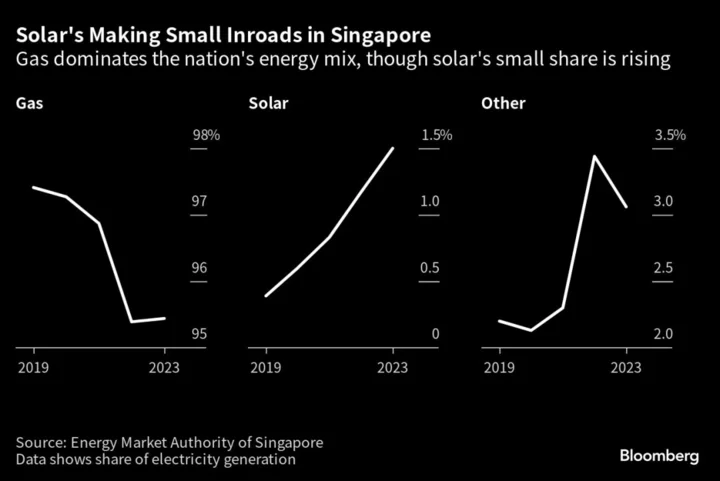The Biden administration is only modestly boosting quotas for plant-based diesel despite a fierce lobbying push by biofuel makers who complained the government is lowballing the industry’s potential production.
Under a final slate of biofuel quotas set to be released Wednesday, the Environmental Protection Agency will require at least 3.35 billion gallons of bio and renewable diesel be blended into US fuels in 2025 — up from an earlier proposal of 2.95 billion and last year’s 2.76 billion requirement, according to a person familiar with the matter who asked not to be named before a formal announcement.
For 2023 and 2024, the quotas for biomass-based diesel, generally made from soybean oil and other fats, are being set at 2.82 billion and 3.04 billion gallons respectively.
At the same time, the agency is paring the amount of conventional corn-based ethanol that could be used to fulfill quotas in 2024 and 2025 from its earlier proposal — down to 15 billion gallons for each of those years from 15.25 billion as originally outlined.
Representatives of the EPA did not immediately respond to requests for comment. Agency staff were briefing key stakeholders, including congressional offices, on the matter Wednesday afternoon.
The measure is a blow to biofuel advocates who argued too-low quotas could dampen planned investment in renewable diesel capacity and that recent surges in production warrant much higher targets. While the agency increased 2024 and 2025 biomass-based diesel quotas beyond its earlier proposal, the final targets fall far short of bio and renewable diesel producers’ push for an additional 500 million gallons annually, and the EPA did not boost the 2023 biomass-based diesel beyond its original plan.
Darling Ingredients Inc., which through its Diamond Green Diesel partnership with Valero Energy Corp., is the top US producer of renewable diesel, dropped as much as 8.1% on the news, marking its biggest intraday decline in more than three months. Ethanol and grain makers, including Archer-Daniels-Midland Co. and Bunge Ltd., also retreated.
Overall, the agency will require a record amount of renewable fuel to be mixed into gasoline and diesel over the next three years — including 22.33 billion gallons in 2025 and 21.54 billion gallons in 2024, up from 20.63 billion mandated last year. In 2023, the total renewable fuel requirement will be 20.94 billion gallons, with an additional 250 million gallons added as a supplement to address a legal rebuke of previous quotas.
For cellulosic biofuel, the EPA is requiring 840 million gallons in 2023, 1.09 billion gallons in 2024 and 1.38 billion gallons in 2025.
The agency already jettisoned a controversial proposal to expand the Renewable Fuel Standard program to reward automakers for some electric vehicle charging, though officials have said they plan to advance the initiative separately.
Read More: US Renewable Diesel at Risk of Oversupply Through 2025
The closely watched biofuel quotas have long been a source of tension for Republican and Democratic presidents, as they seek to balance oft-competing oil refining and agricultural interests. President Joe Biden campaigned on promises to promote corn-based ethanol, but his administration has put muscle into a push for electric vehicles that could limit the market for all liquid fuels, whether made from plants or petroleum.
The quotas also have taken on a new dimension for US renewable diesel producers, whose margins are increasingly dependent on the price of tradeable credits that refiners and fuel importers use to prove they have fulfilled the annual biofuel-blending requirements.
The US renewable diesel industry’s benchmark margins in 2023 are 3% above five-year averages of $2.27 a gallon, in large part because of an increase in the price of those tradeable compliance credits, known as renewable identification numbers, Bloomberg Intelligence analyst Brett Gibbs said. Producers this year are receiving $2.86 a gallon for RINs tracking biodiesel, up from an average of $1.63 from 2018 to 2022.
--With assistance from Geoffrey Morgan.
(Updates with more details from sixth paragraph.)
Author: Jennifer A. Dlouhy and Kim Chipman









